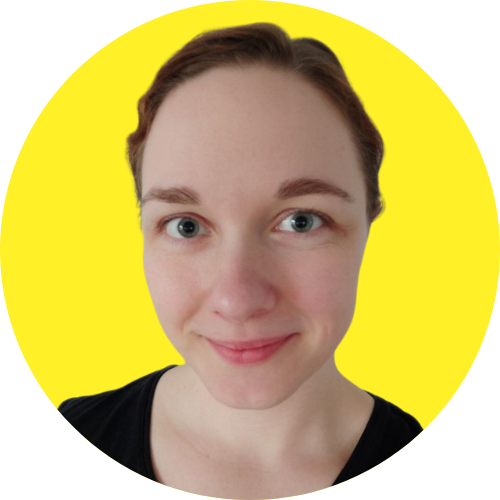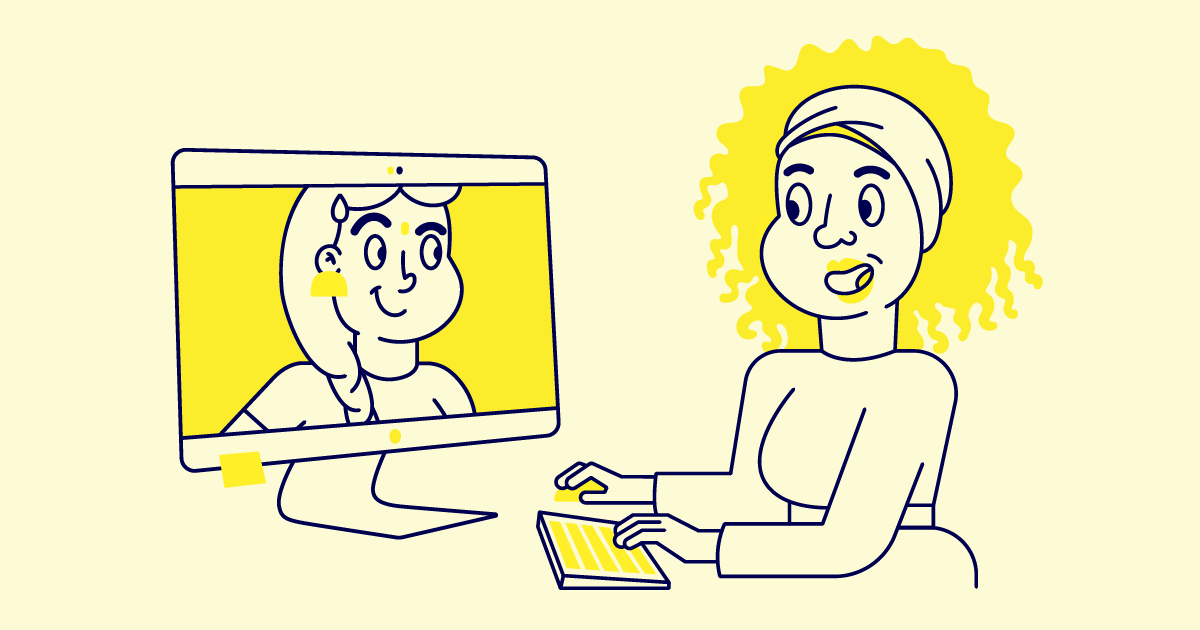Many of us spend a of time in online meetings. Working from home or in teams with remote-working members often makes them a necessity. However, it is proven that staying focused in an online meeting is more difficult than focusing on what someone is saying when they are in the room with us. Sadly, this is barely possible these days, which makes being able to focus without getting “ zoom-fatigue ” a very useful skill.
7 tips for staying focused
Below you will find a few ways that will make it easier for you to stay focused during online meetings, without being completely tired out afterwards.
- Move your body for a few minutes before a meeting starts. Movement will help your body and mind relax and will make it easier for you to focus on what is being said during the meeting. So, if you can, take a quick walk around the apartment or do a couple of jumping jacks to get your heartrate up a little. When our heart rate goes up, our oxygen absorption increases, which makes it easier for us to focus.
- Have a glass of water ready at hand. It has been shown that a lack of hydration can lead to problems focusing. So take a sip of water every 5 minutes or so. If you don’t enjoy drinking plain water, try adding fruit like lemon slices or berries to it.
- Let in some cool, fresh air. It is recommended that you take a quick moment to breathe deeply and stretch when your meeting has been going on for a while. To help yourself even more, you can open a window for a bit to let in some cool, fresh air, which will invigorate you a little as well. You can even stand up to do so if your camera is off.
- Assess whether your attendance to a meeting is necessary. Meetings are an important part of many jobs, but it is not always essential for you to attend every meeting. A good indicator of whether a meeting is important for you to attend is to ask yourself whether your expertise or membership in the present group is a useful addition to the topics that are to be discussed.
- Know what the meeting will be about, beforehand. Read the agenda of the meeting or know what the focus of the meeting is going to be. When we already have an idea of what topics are going to be discussed it is easier to follow the conversation. Additionally, you might find that you have questions or information to add to the discussion. Knowing at all times what is being discussed will help you to keep your mind engaged.
- Bring the conversation back and keep track of the time. If you are in the position to do so, bring the conversation back to the topics that are on the agenda when it has drifted off-topic. Similarly, you or another person at the meeting could make sure that each topic receives the allotted amount of time. Now of the time, a meeting that finishes early or on time will leave everyone less tired and stressed out.
- Take notes and doodle. Not only will you be able to backtrack previous issues and you will remember what you and the other members talked about, if you have taken notes about the meeting, it will also help you to stay focused. Doodling has also been found to help visualize and improve your memory of the information that is being conveyed.
With the help of an Auntie professional, the Leading Me package increases awareness of how you yourself think and approach remote work. This package helps you with practical advice on how to acquire the ability to lead oneself, goal setting and organizing one’s work.
Writer:

Margaretha Madoures
BSc. and MSc. Psychologist and relaxation therapist. I believe in a flexible, client-focused approach to my work and actively help people to find immediately practical solutions for their issues with tools that work for them. I have a special passion for helping my clients in achieving a balanced approach to work and down time, which ensures constant and sustainable productivity. Together we try out different techniques that we adjust and "troubleshoot" over the course of the sessions. Independent of where my clients start, they will leave the sessions with a variety of psychological tools to help them cope better at work and in their private life.





